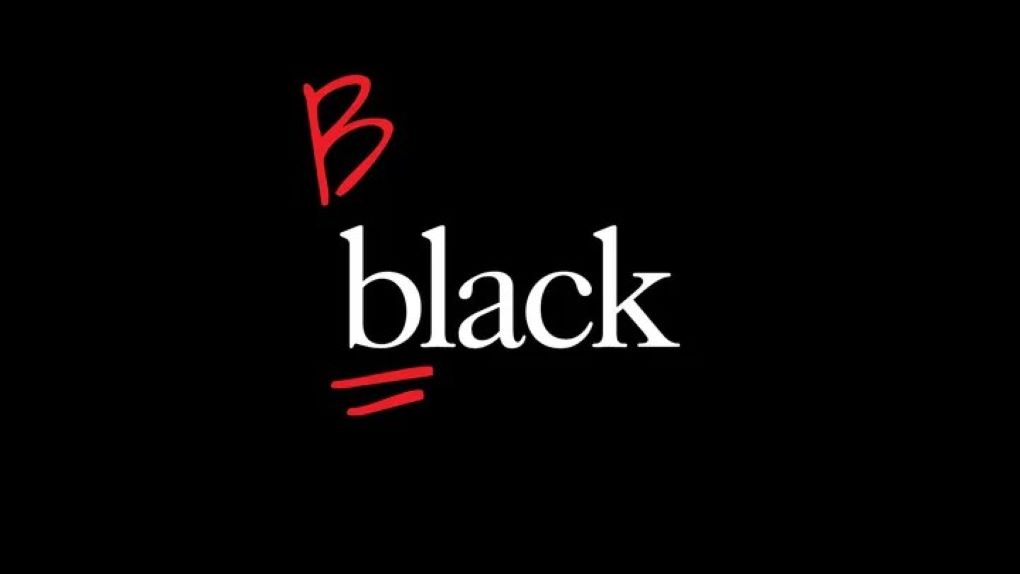A recent article online attracted some criticism because it referred to black women instead of Black women. The rationale is that ‘Black’ is a placeholder for identity. And it makes a lot of sense. Consider this conclusion to an article on the same subject in the Guardian.
Dr Edward Morris, also urged the government to commit to a target of a 50% reduction in maternal mortality for black, Asian and minority ethnic women over the next five years.
Leaving aside the awful term ‘minority ethnic,’ if Asian women are capitalised so too should Black women. Black is clearly not being used as an adjective here. It signifies identity. But a quick check on UK media coverage of this story reveals a lack of consistency. Both the Guardian and the BBC do not capitalise. The House of Commons Media Library does capitalise. The Independent did not capitalise in its 2020 coverage of the statistics but did capitalise in its 2021 coverage. So what is happening?
Social Constructs
Race and the language used to describe it are social constructs. As ideas about race change, so does the language. And the language of race has changed significantly in the last two years. Until recently, in the United States ‘African American’ was the usual designation for black people of African origin. Now they are more likely to be referred to as Black with a capital B.
Last year a number of news outlets such as Associated Press and the New York Times, alongside institutions like the University of Chicago announced changes to their style guides. From now on Black would be capitalised.
What has changed?
The killing of George Floyd triggered massive Black uprisings against the institutional racism in the USA and its murderous expression in the deaths of so many Black people at the hands of the police. What changed in America was Black people fighting back. And the media had to adapt.
The UK has been slower to change. Racism is just as pernicious and established here as it is in the USA. But the impact is less dramatic. Our cops are not routinely armed. So their racism is less lethal. Our legacy of slavery is equally pernicious but most of our crimes happened overseas and we do not have the unresolved legacy of a civil war.
Even so, our society is deeply scarred by racism and the divisions run deep. Black Britons identify with the struggles of Black people in the USA, draw inspiration from them and seek to learn from their experience.
What next?
I expect that more media outlets will opt for capitalisation when discussing issues that affect Black people. It is not a simple transition. The Atlantic and the Poynter Institute have both pointed to nuances in the discussion around this and to contradictory opinions within the Black community in America.
But two things are clear to me. The struggle by Black people against their oppression is the most important determining factor for the language we use when writing about racism. The struggle is always in flux and so is the language. Some of us will always be late to the party. Our commitment does not change if the language moves on ahead of us.
Hence, nobody should be condemned for using the wrong words while trying to do the right thing. When, in her eighties, my late aunt, a lifelong socialist, told me that she supported coloured people I did not condemn her as a racist because she was out of date with the current terminology.
I learned that lesson the hard way. Many years ago, in a packed public meeting at the Darby Hotel in Cleethorpes, Paul Foot from Socialist Worker gave a typical barnstorming performance. At the end a man raised his hand, “Sir, could I ask …?” In the arrogance and certainty of youth I interrupted. “He’s not a Sir. He’s a comrade!” The man stuttered and stumbled. In his embarrassment he never delivered his question. Forty five years later, my shame has not diminished.
Words matter. But they do not define us. It is our actions that give fresh meaning to language. I will leave the last word to Kwame Anthony Appiah. He ended his article, The Case for Capitalizing the B in Black thus:
Arguments matter; but only the arguments that win the day will determine what usages become standard, and it’s hard to say in advance which ones that will be. Informal deliberations among a larger community of users will produce a new consensus, and create new facts of language. Words are public property; so are capital letters. As those deliberations continue, though, let’s try to remember that black and white are both historically created racial identities—and avoid conventions that encourage us to forget this.
